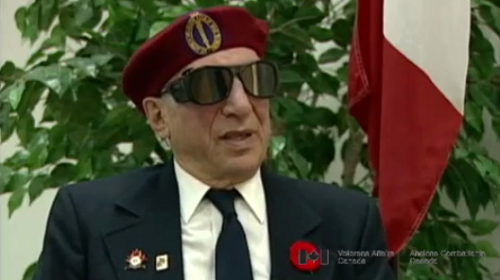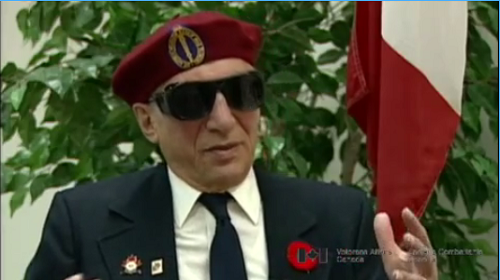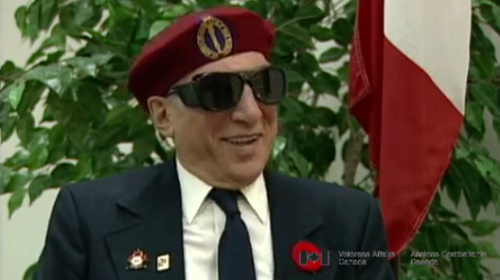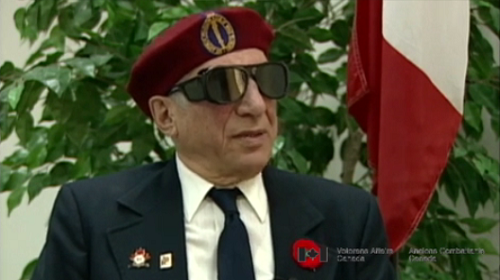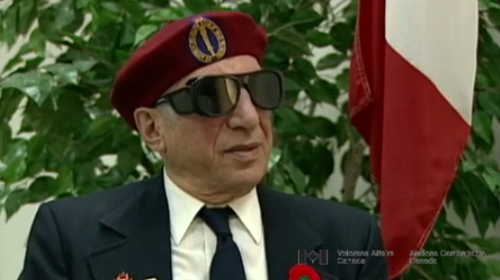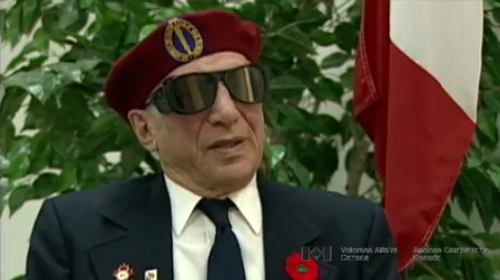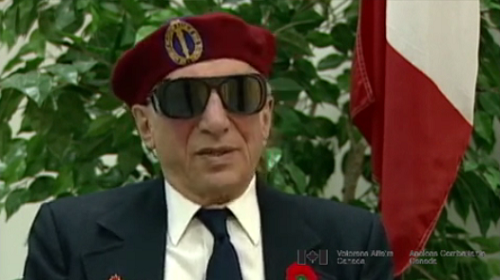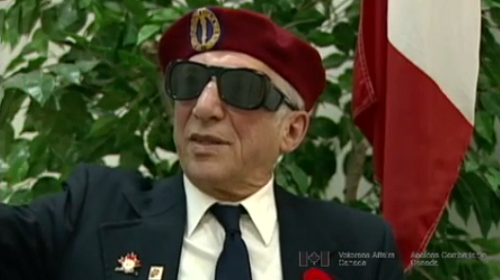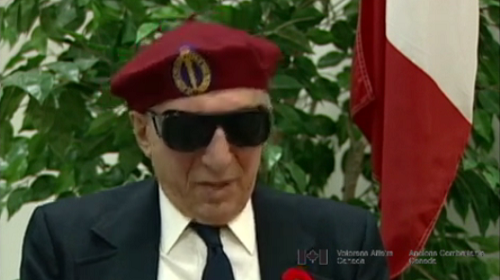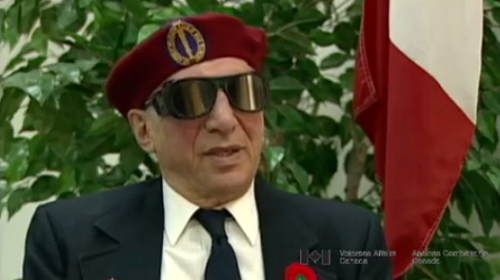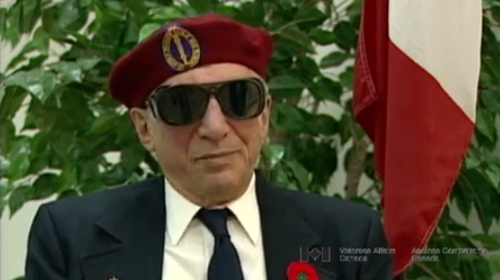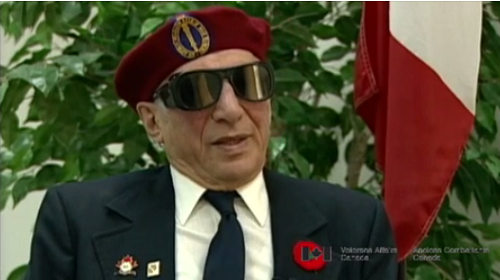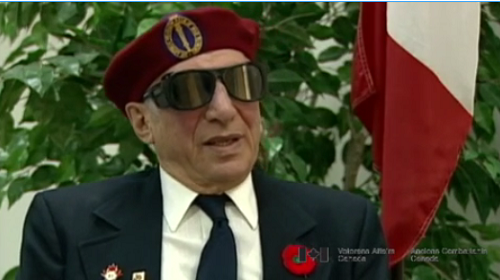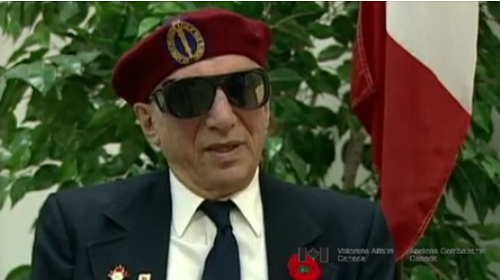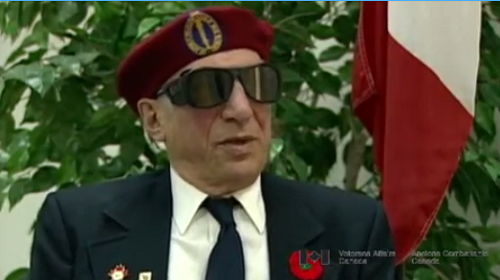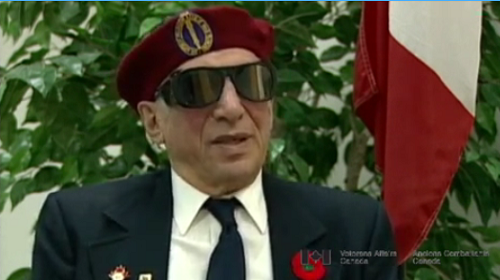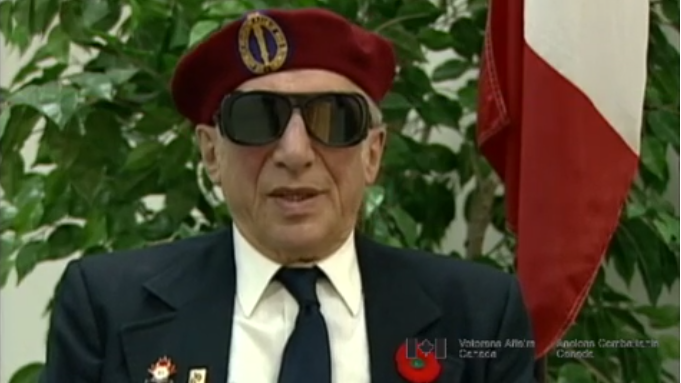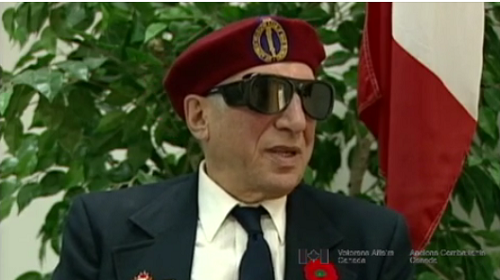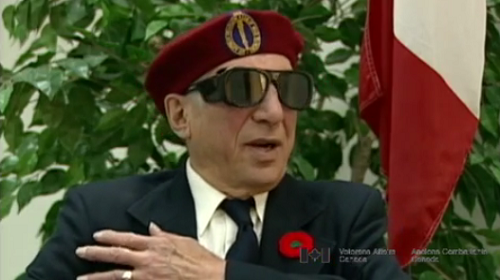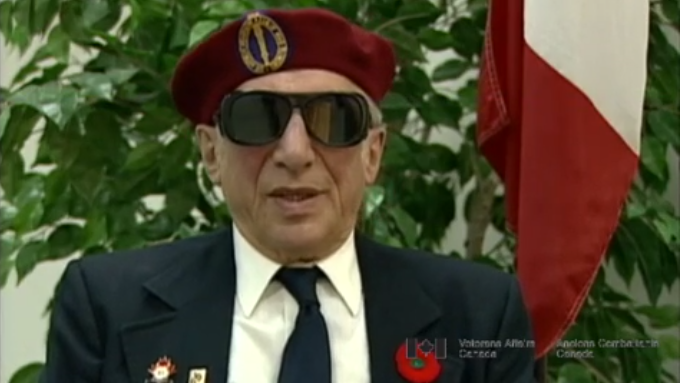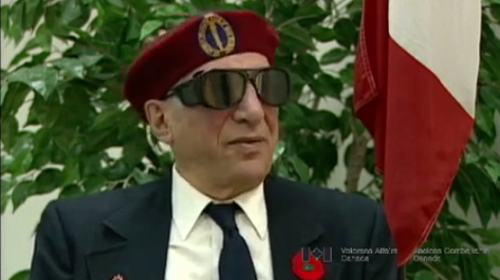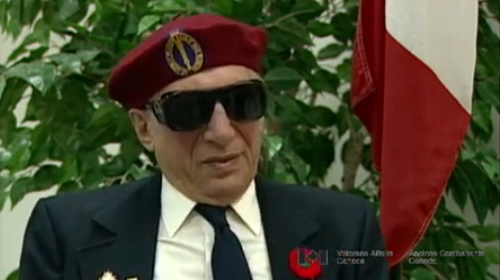Diphtheria
Heroes Remember
Diphtheria
Transcript
Description
Mr. Harrison describes an attempt by a captured Indian doctor to get a horse, which would enable him to make diphtheria serum; the request is denied. However, when the epidemic became a threat to the Japanese, serum was made available.
George Harrison
George Harrison was born on April 4, 1920 in Winnipeg, Manitoba and was youngest of three children. His father died shortly after his birth, forcing his mother to place him and his siblings in an orphanage, where he was at times badly beaten. Learning this, his mother took her children back home. After completing grade 9, Mr. Harrison went to work to help support his family. Eventually, he gained employment with CPR Telegraph. On September 13, 1939, Mr. Harrison enlisted with Winnipeg Grenadiers, becoming a specialist on the Vickers machine gun. During the battle of Hong Kong, Mr. Harrison was made a sergeant, and was involved in deadly fighting. Along with the general misery and persecution suffered by all of the POWs, Mr. Harrison faced down both blindness and potential amputation of his toes.
Meta Data
- Medium:
- Video
- Owner:
- Veterans Affairs Canada
- Duration:
- 2:33
- Person Interviewed:
- George Harrison
- War, Conflict or Mission:
- Second World War
- Location/Theatre:
- Hong Kong
- Battle/Campaign:
- Hong Kong
- Branch:
- Army
- Units/Ship:
- Winnipeg Grenadiers
- Rank:
- Sergeant
- Occupation:
- Section Leader
Related Videos
- Date modified:



